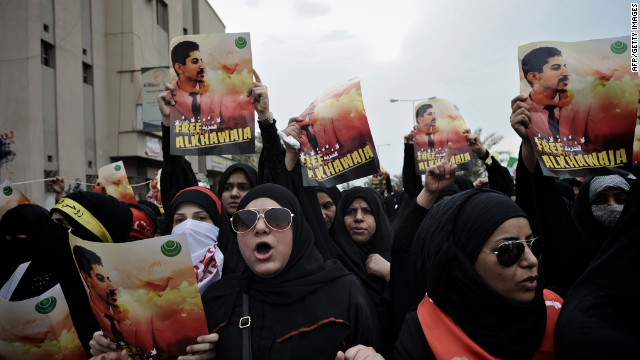By Carolyn Abdenour
Impunity Watch Reporter, Middle East
JERUSALEM, Israel – On Sunday, 15 April, Israeli police denied 43 pro-Palestinian activists entry into Israel at Ben-Gurion Airport. The authorities sent 12 activists to their country of origin and detained 31 activists to the Givon detention center. Moreover, the police held 9 people protesting at the airport for investigation.

However, two female activists with French and Italian citizenship gained access to the country and arrived in Bethlehem on Sunday. The 23-year-old French activist reported she attempted to board a flight to Israel from the Lyon airport in France as part of a 50 person group. The French police prevented half of the activists from boarding the flight while she expects the Israeli authorities to deport the other half.
She commented that the security forces in France and Israel “treated us like criminals or terrorists, despite the fact that we made it clear that we came for peaceful purposes.” She added, “It was very frustrating and surprising that French authorities cooperated with Israel’s claims and propaganda.”
Carriers in Manchester and Brussels also prevented passengers from flying. Manchester passenger Mick Napier said, “We were demonstrating over our right to travel but we also had the extra provocation of Jet2 refusing to reimburse us for our flights.” Jet2 recently agreed to reimburse the passengers.
These activists intended to travel to Israel to participate in the “Welcome to Palestine 2012” weeklong conference. The protest organizers reported airlines notified 60 percent of the expected 1,500 activists scheduled to arrive in Israel on Sunday that their flights were cancelled. After Israel release this list, it warned the airlines they must take responsibility for passenger’s immediate return if a banned person arrived in the country.
A similar “fly-in” protest took place in July 2011 where the Israeli authorities detained 120 of the 300 international activists that arrived in Israel. The authorities denied entry to 69 people as well.
The airlines that prevented the activists from boarding flights over the weekend included Lufthansa, Jet2, Air France, and EasyJet. EasyJet announced it would not allow passengers on Israel’s no-entry list to board. In a letter to the international airlines, Israel’s Internal Ministry wrote, “due to statements of pro-Palestinian radicals to arrive on commercial flights from abroad to disrupt the order and confront security forces at friction points, it was decided to deny their entry.”
If an activist arrives in Israel, the authorities will give them a letter stating the activists are disregarding the humanitarian crisis in Syria, the militants firing rockets into Israel from the Gaza Strip, and Iran’s support of terror. The letter reads, “We therefore suggest you first solve the real problems of the region, and then come back and share with us your experience…Have a nice flight.”
For further information, please see:
BBC – Pro-Palestinian Activists Refused Israel Flight – 15 Apr 2012
Haaretz – Pro-Palestinian ‘Fly-In’ Activist: Israel and Europe Treated Us Like Terrorists – 15 Apr 2012
Reuters – Update 4 – Israel Moves To Thwart Pro-Palestinian “Fly-In” – 15 Apr 2012
The Boston Globe – Airlines Cancel Activists’ Flights To Israel – 14 Apr 2012



